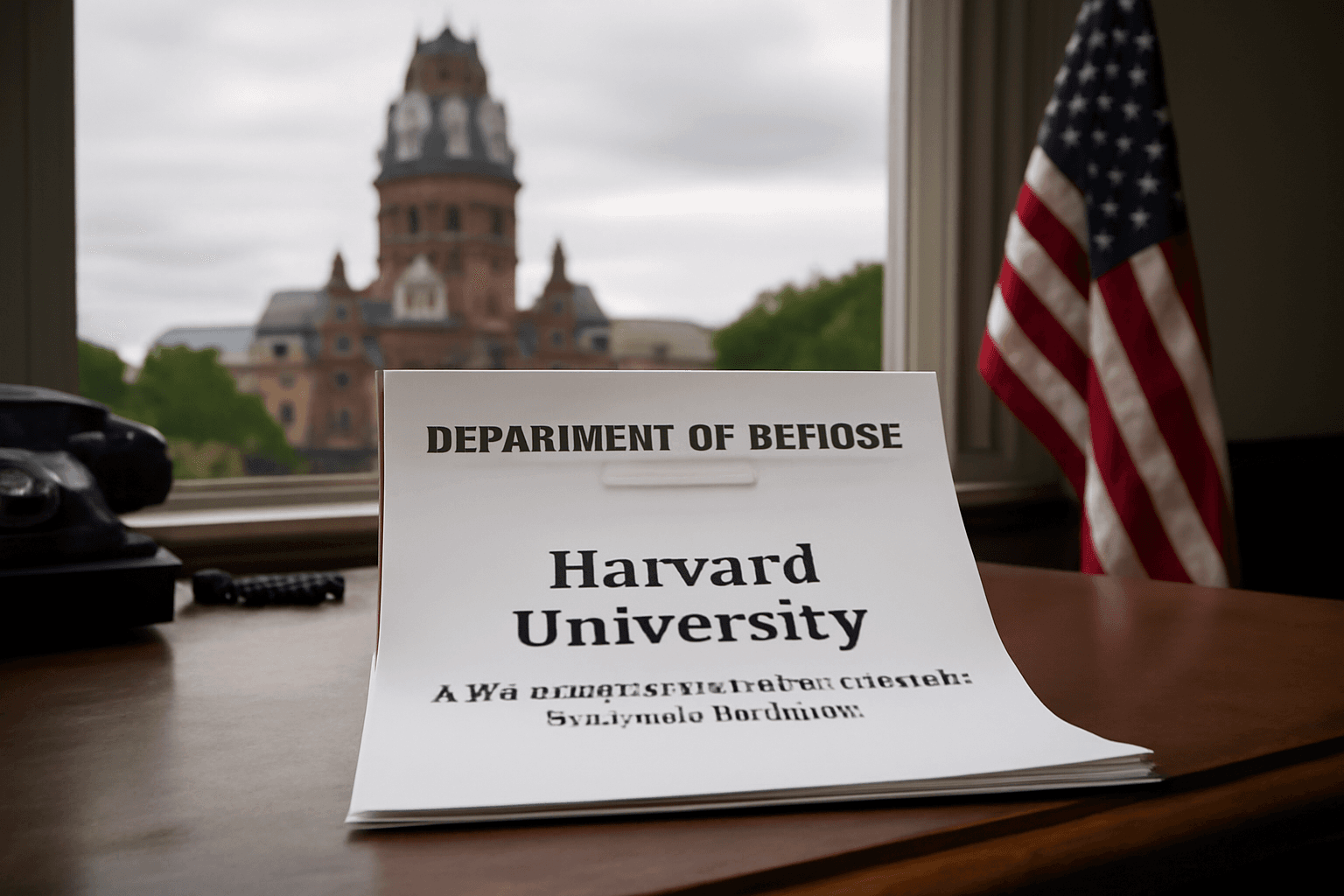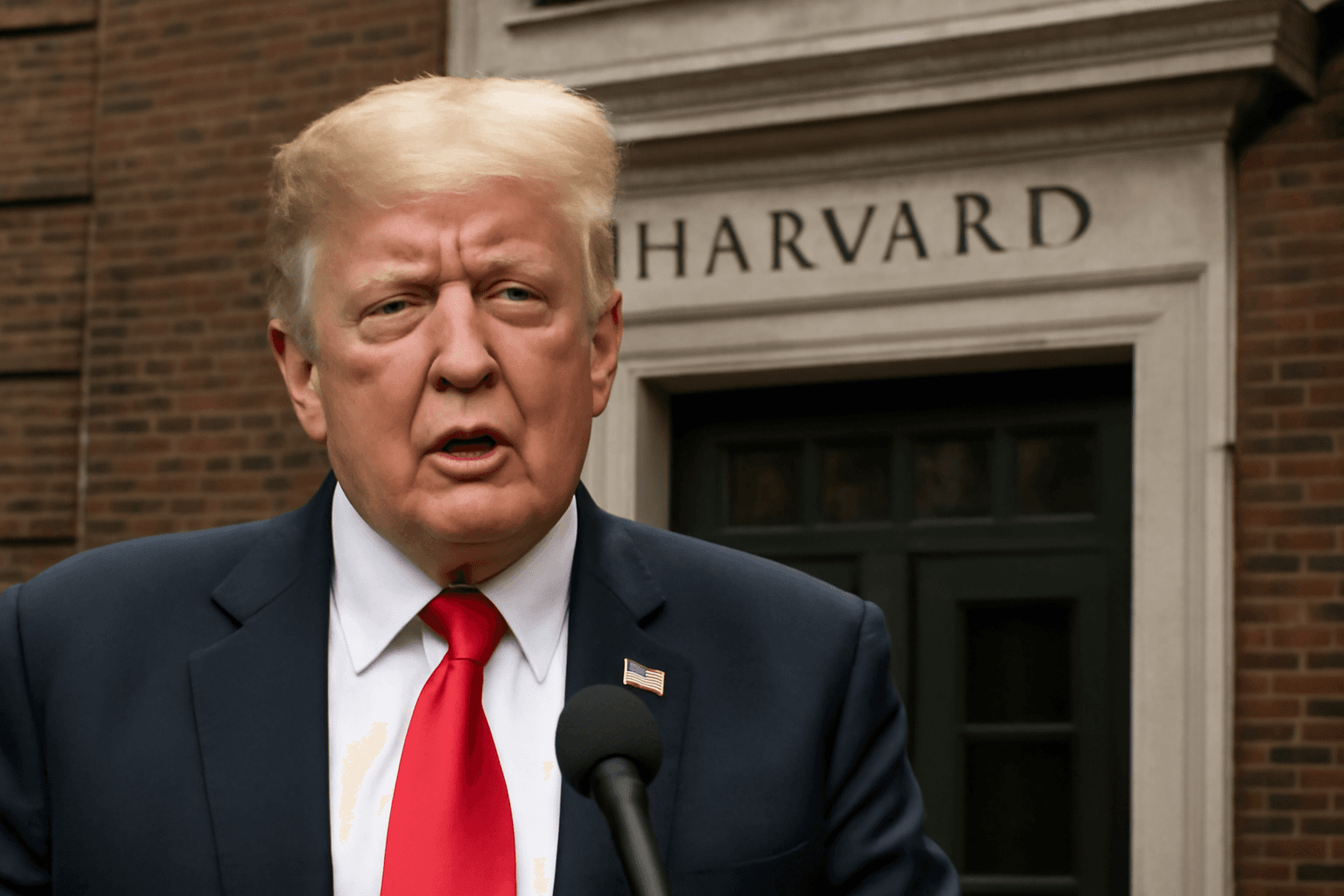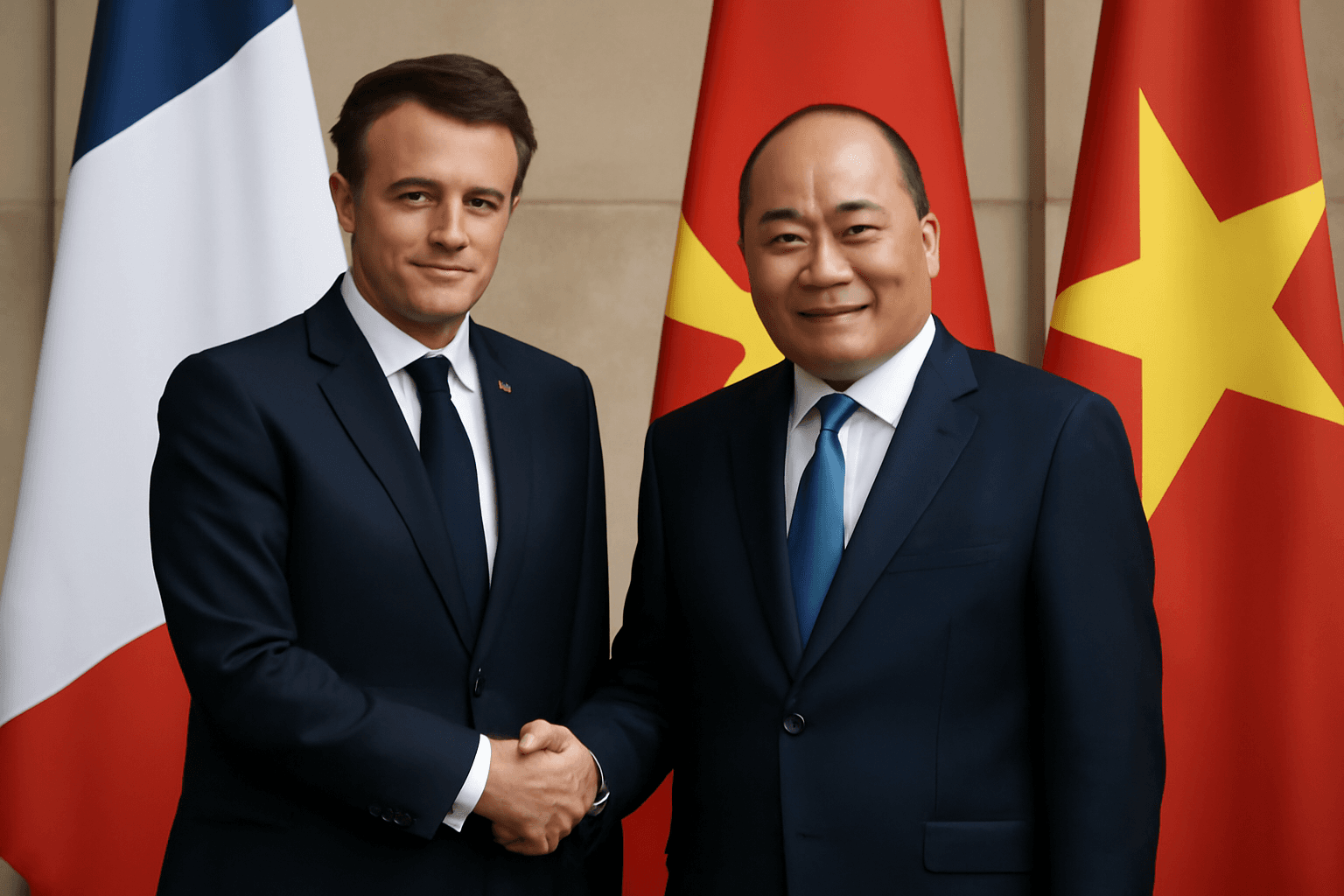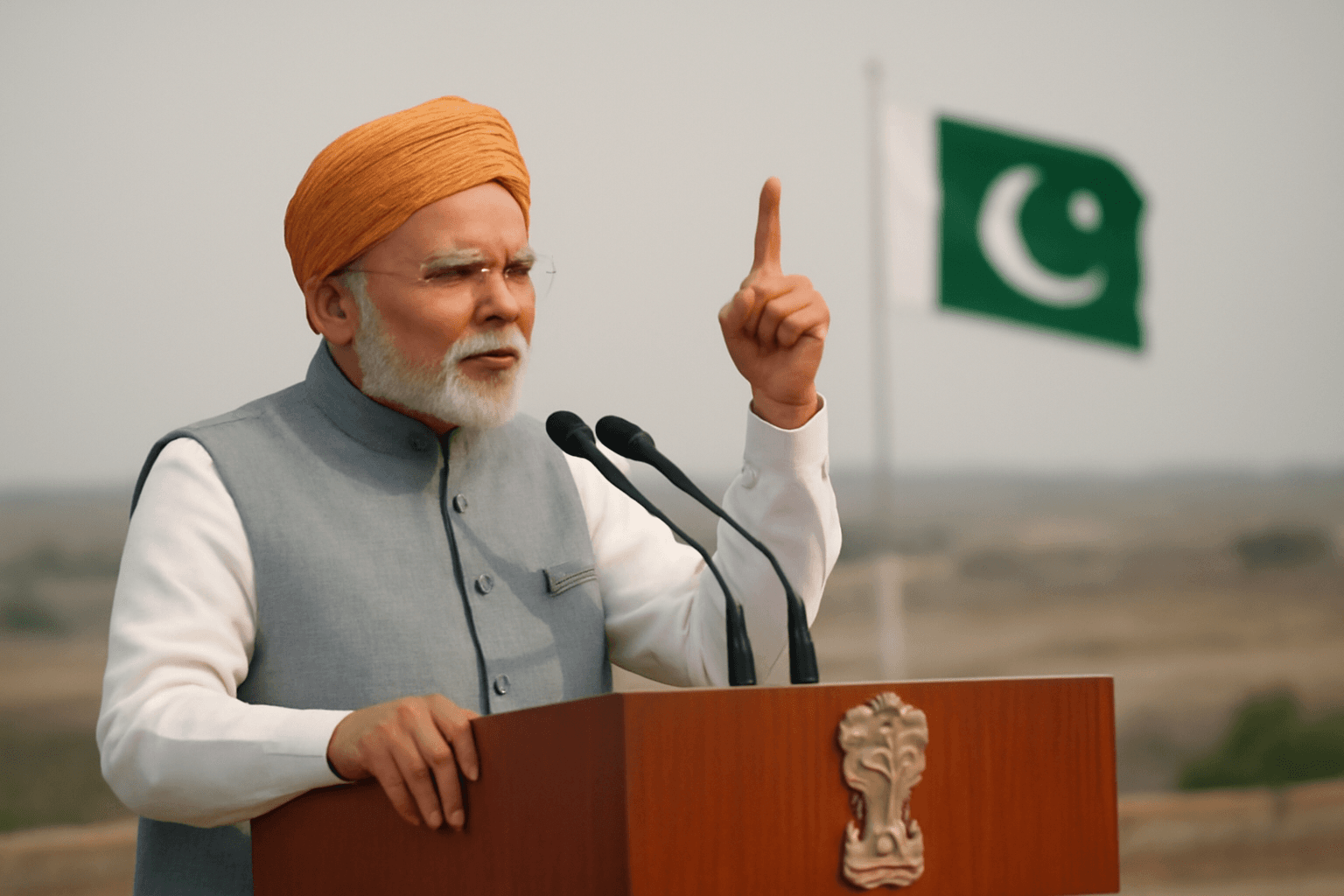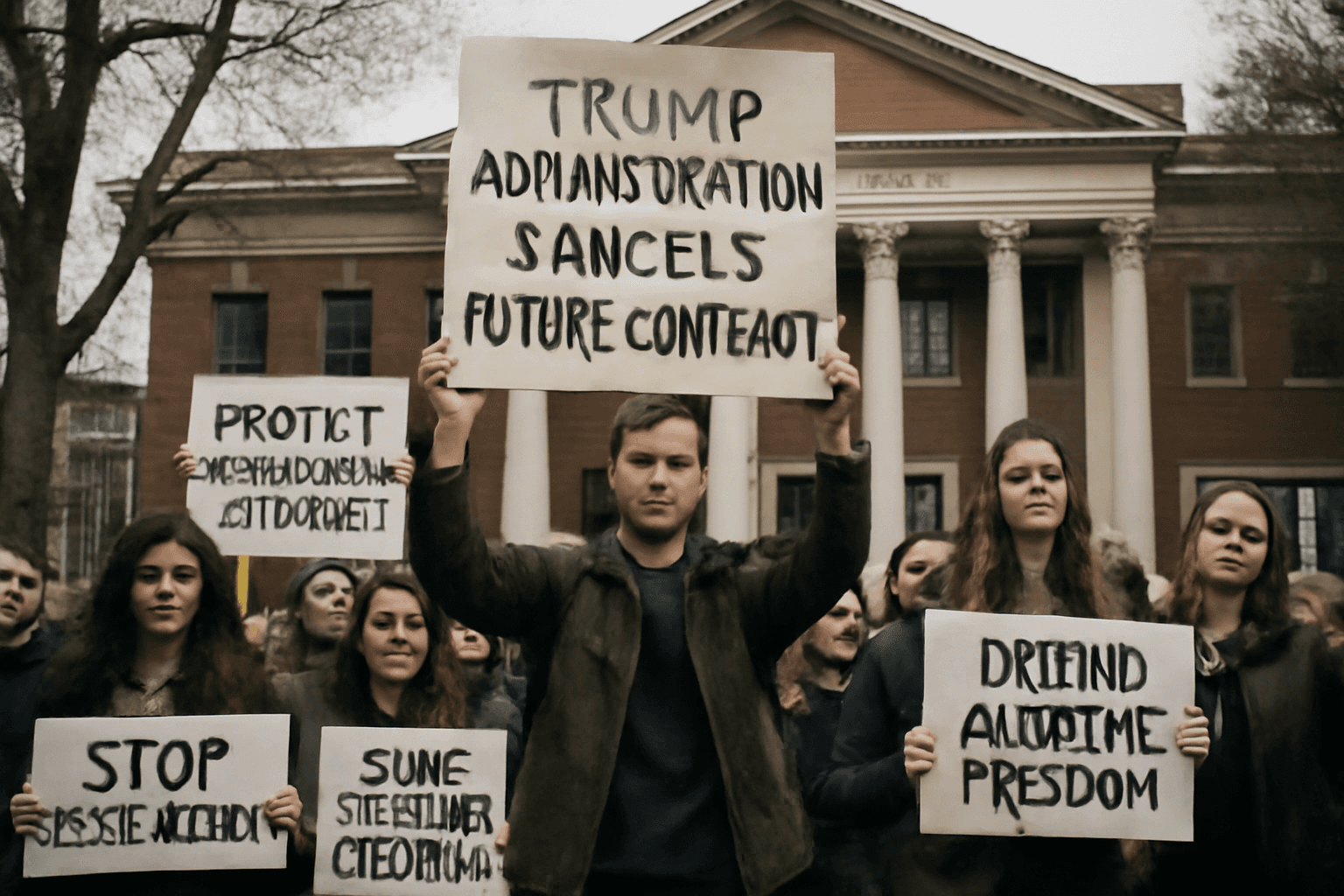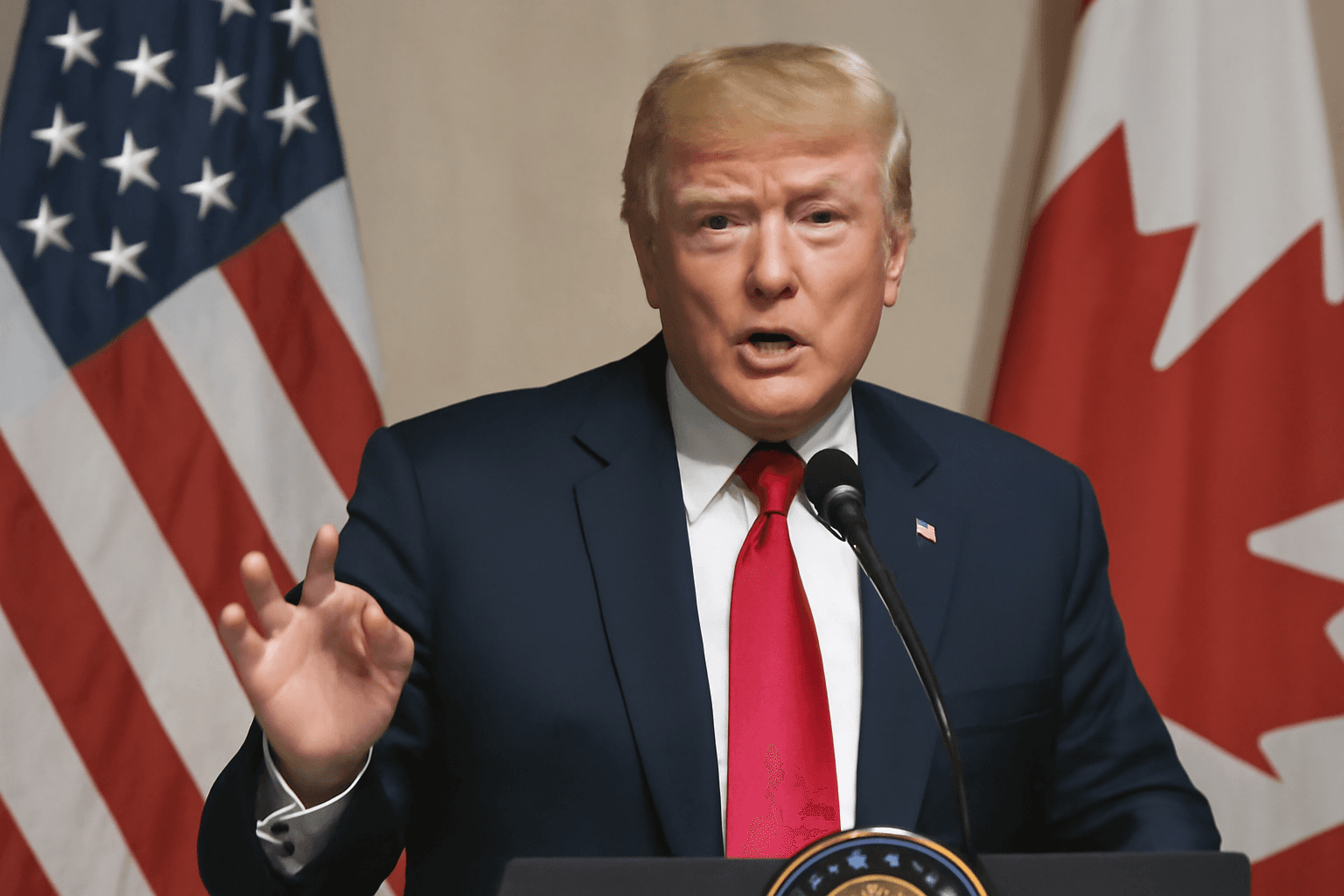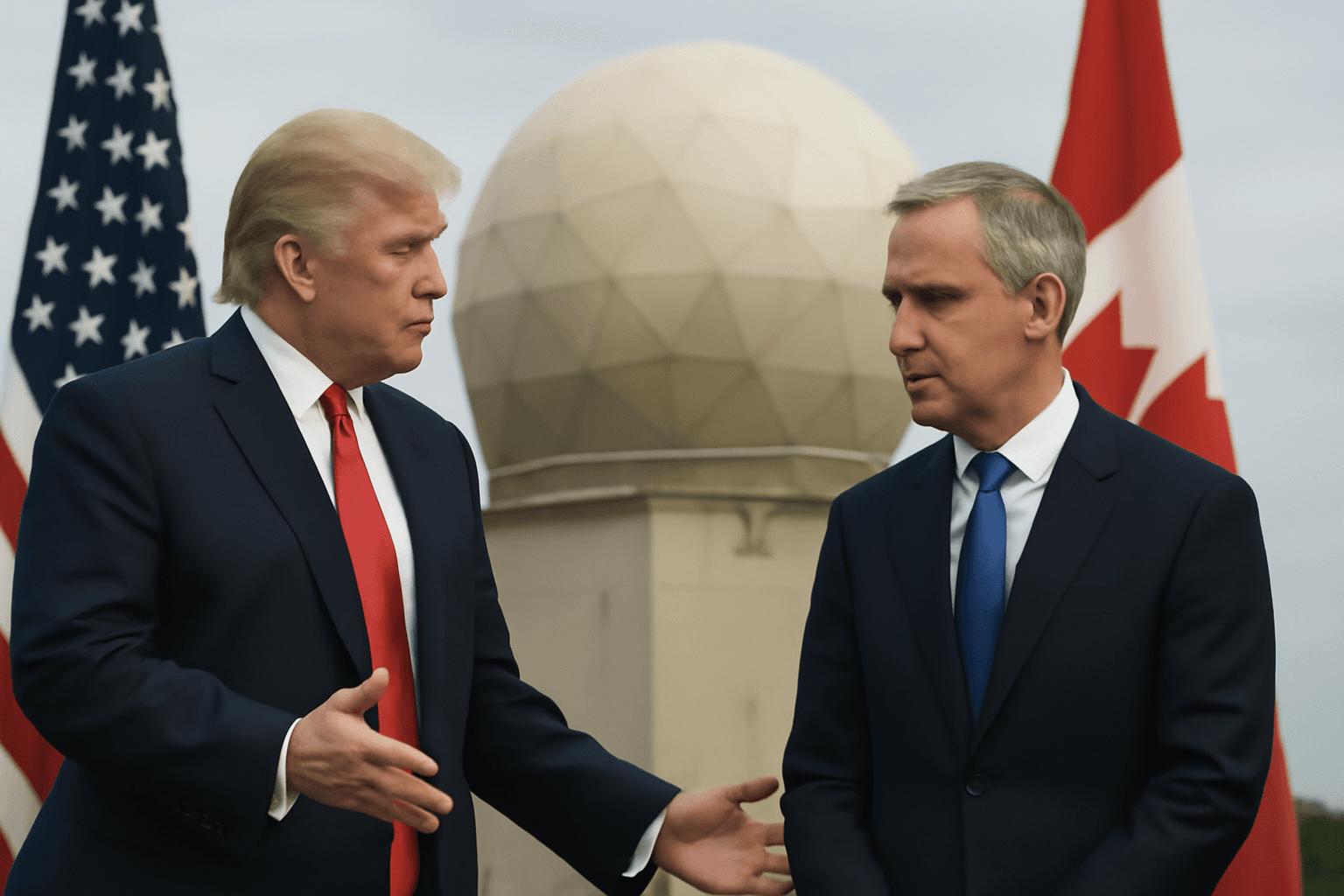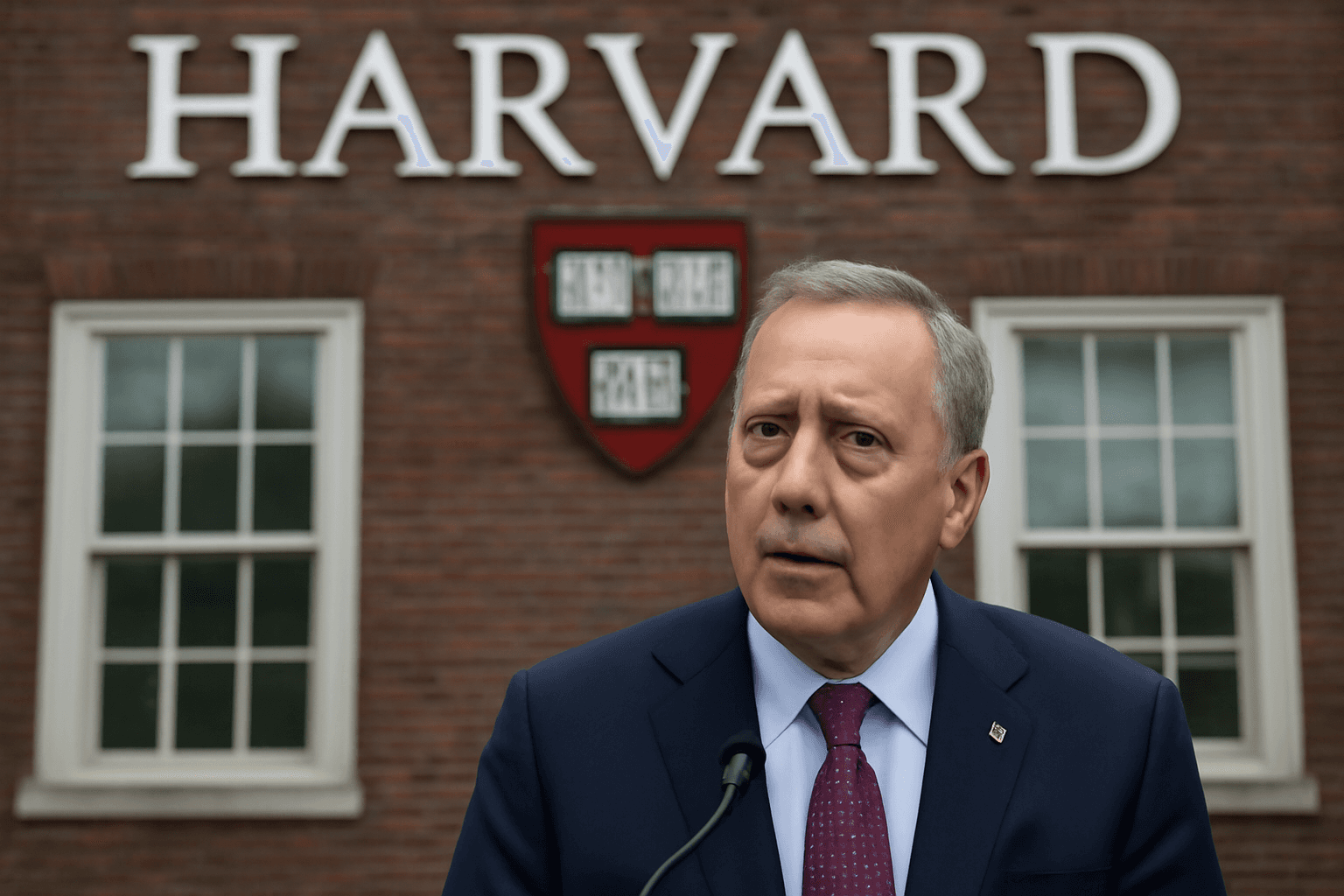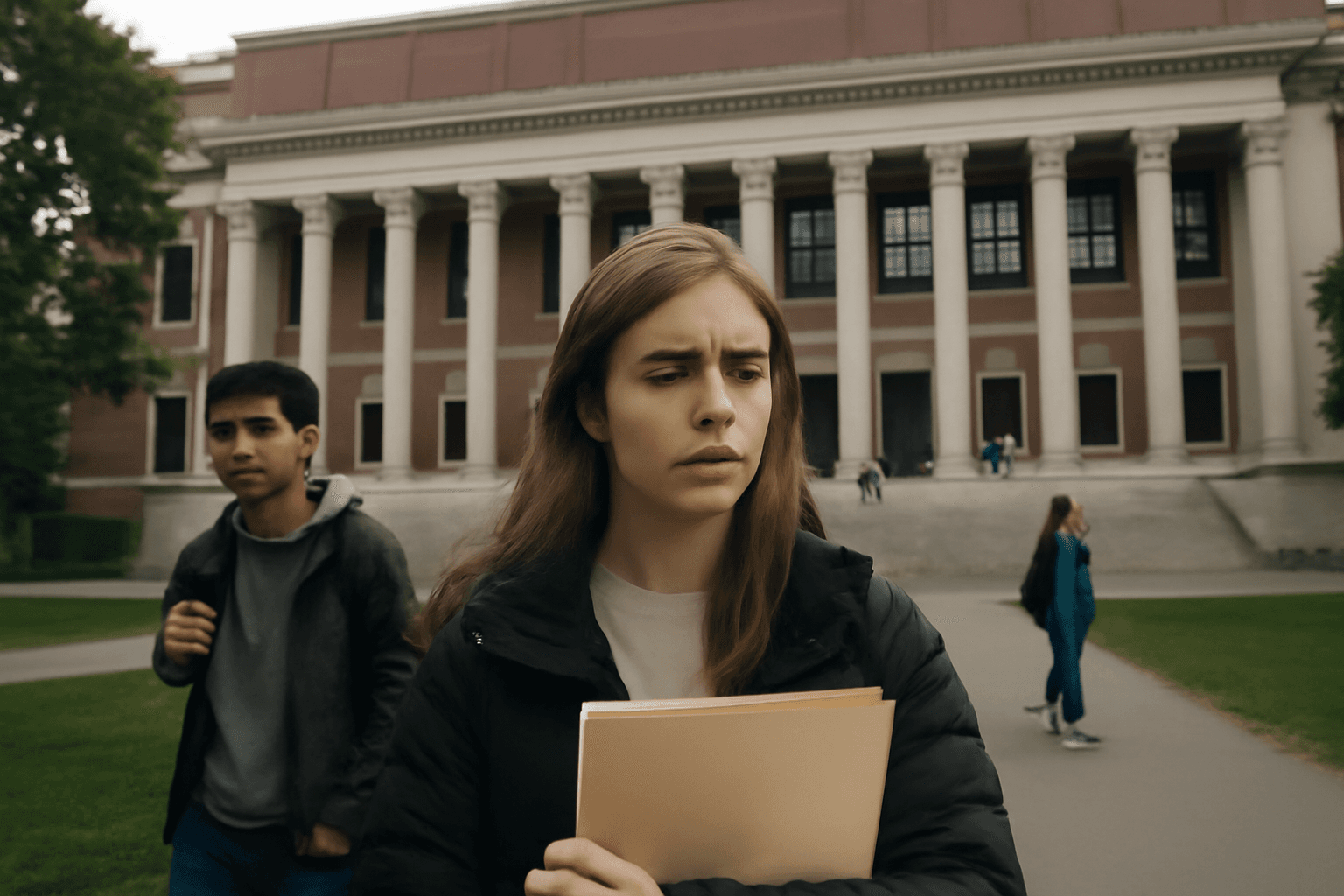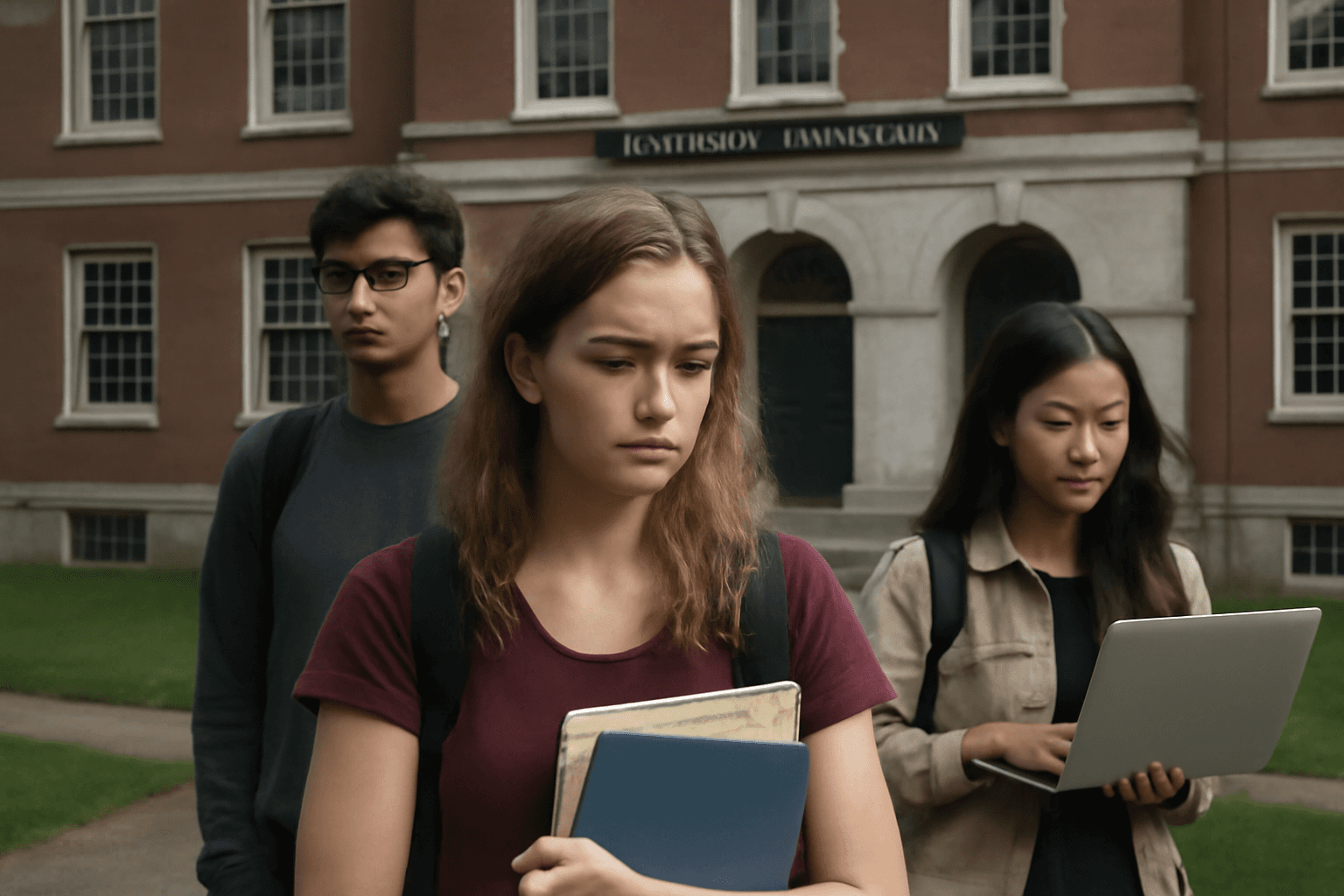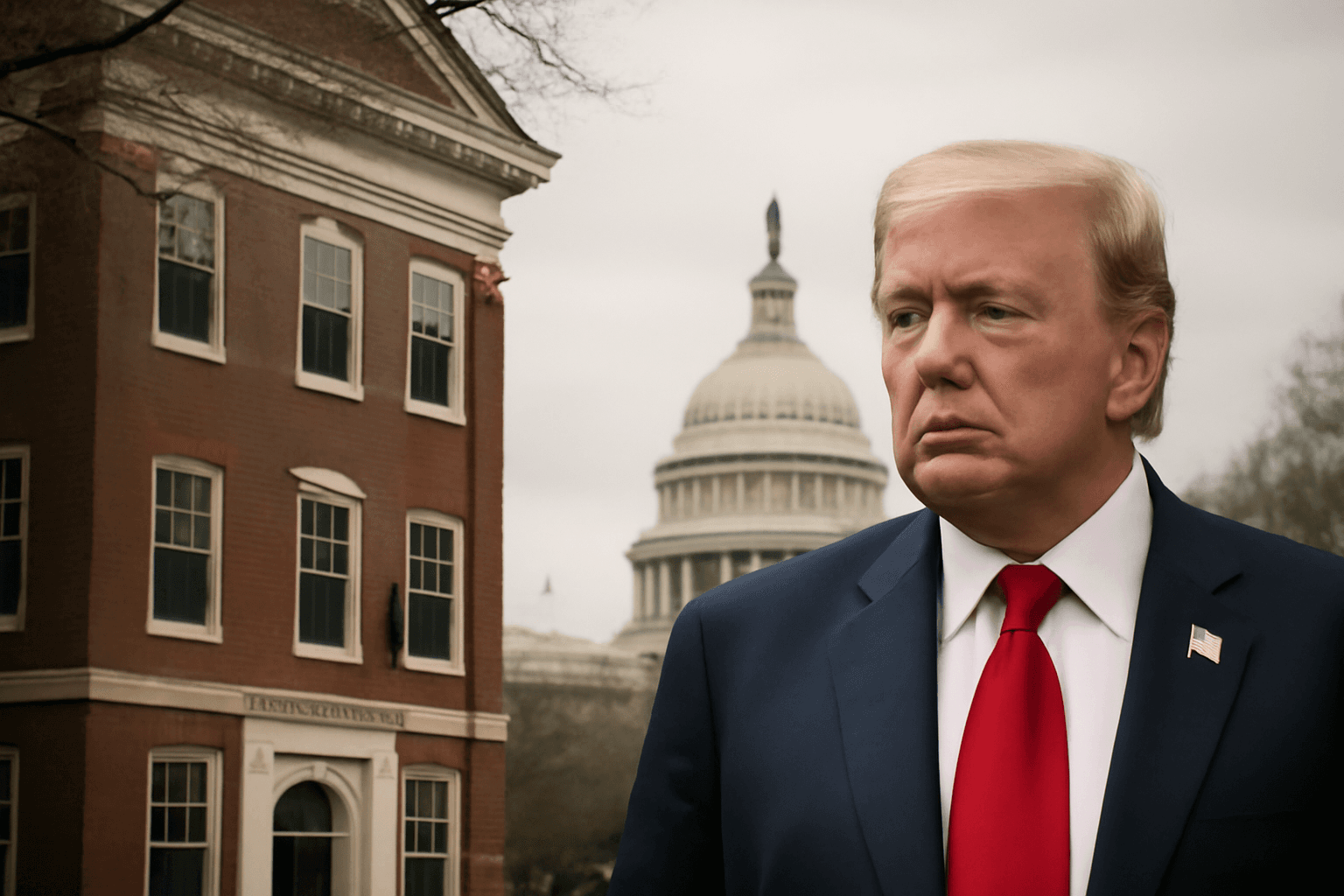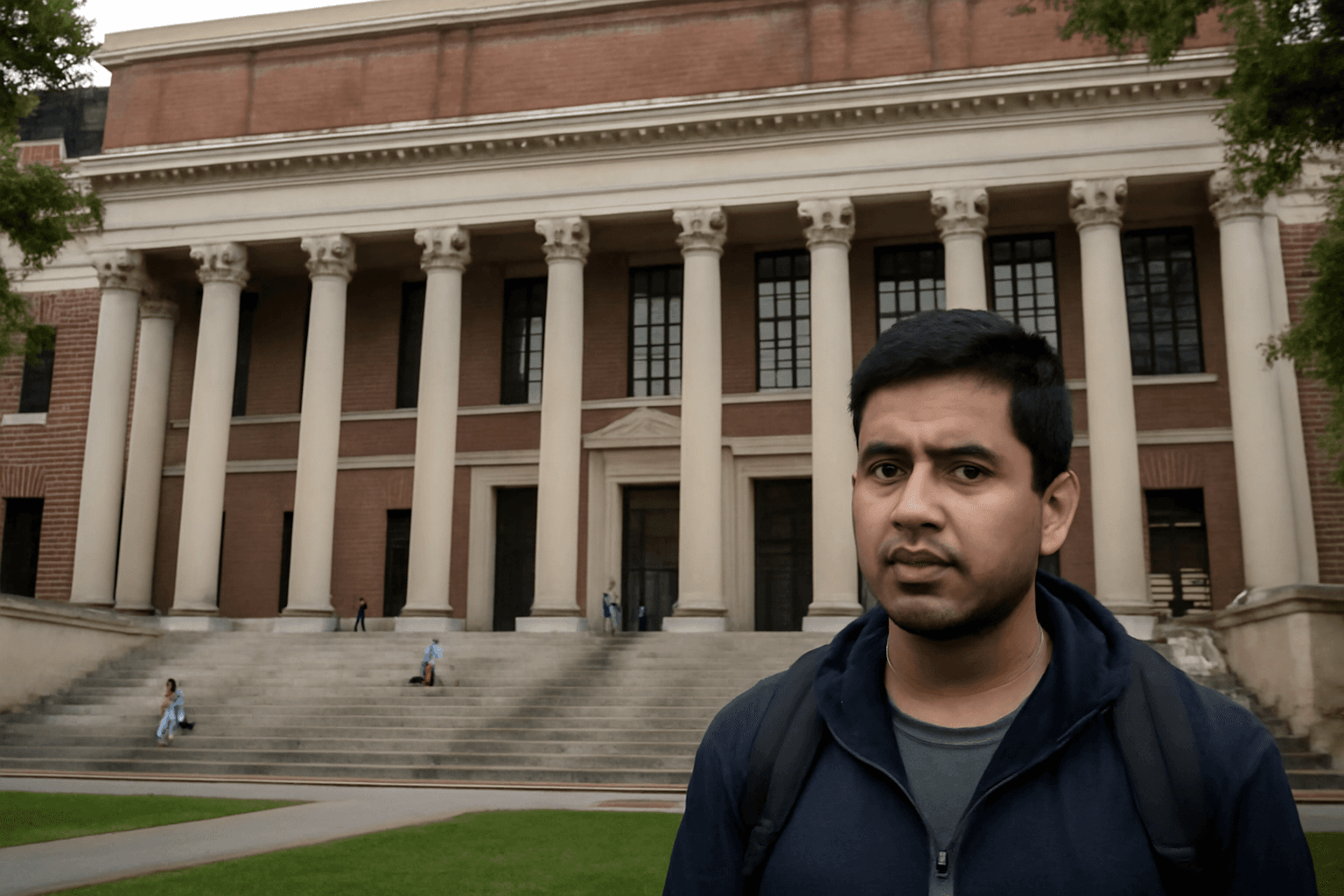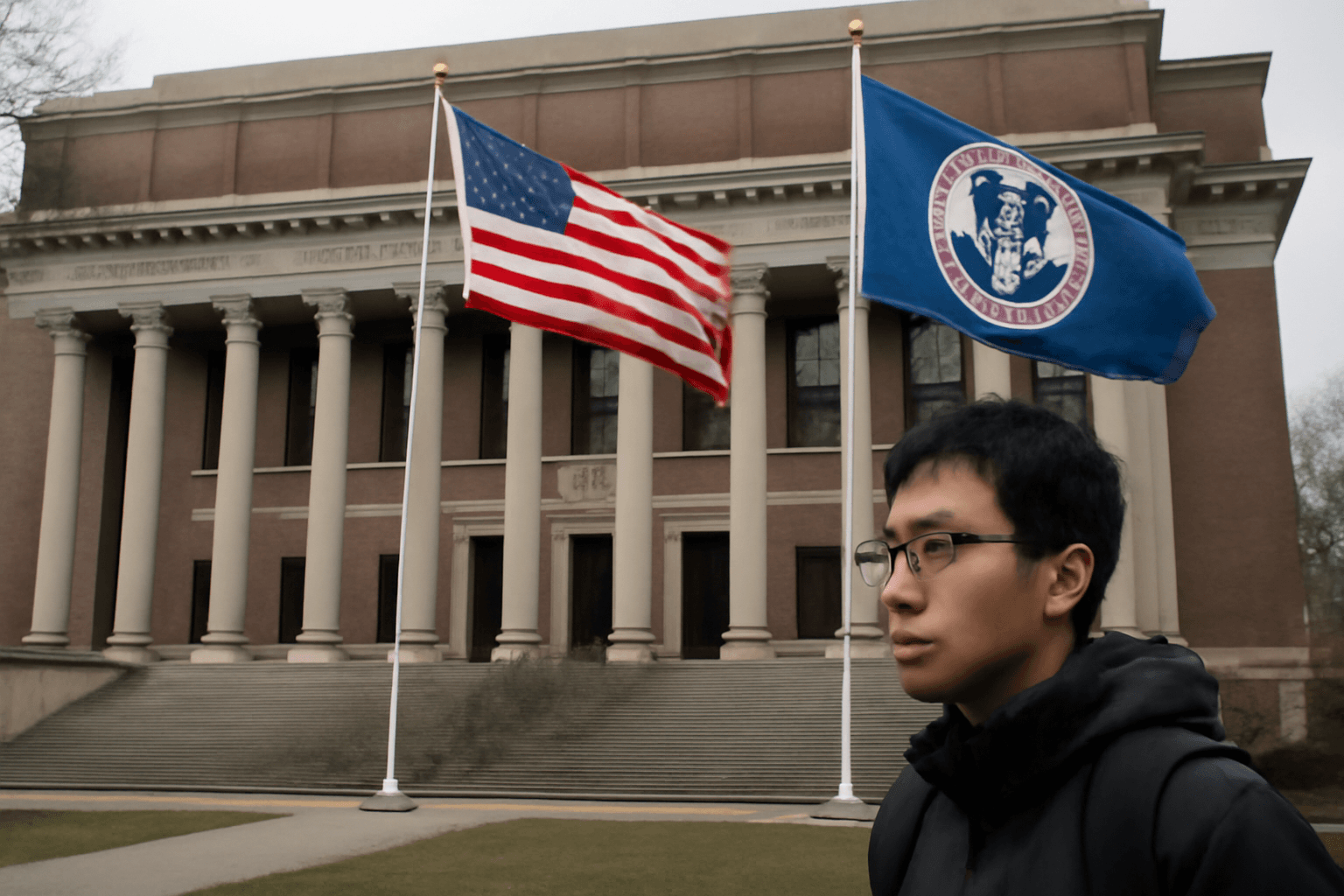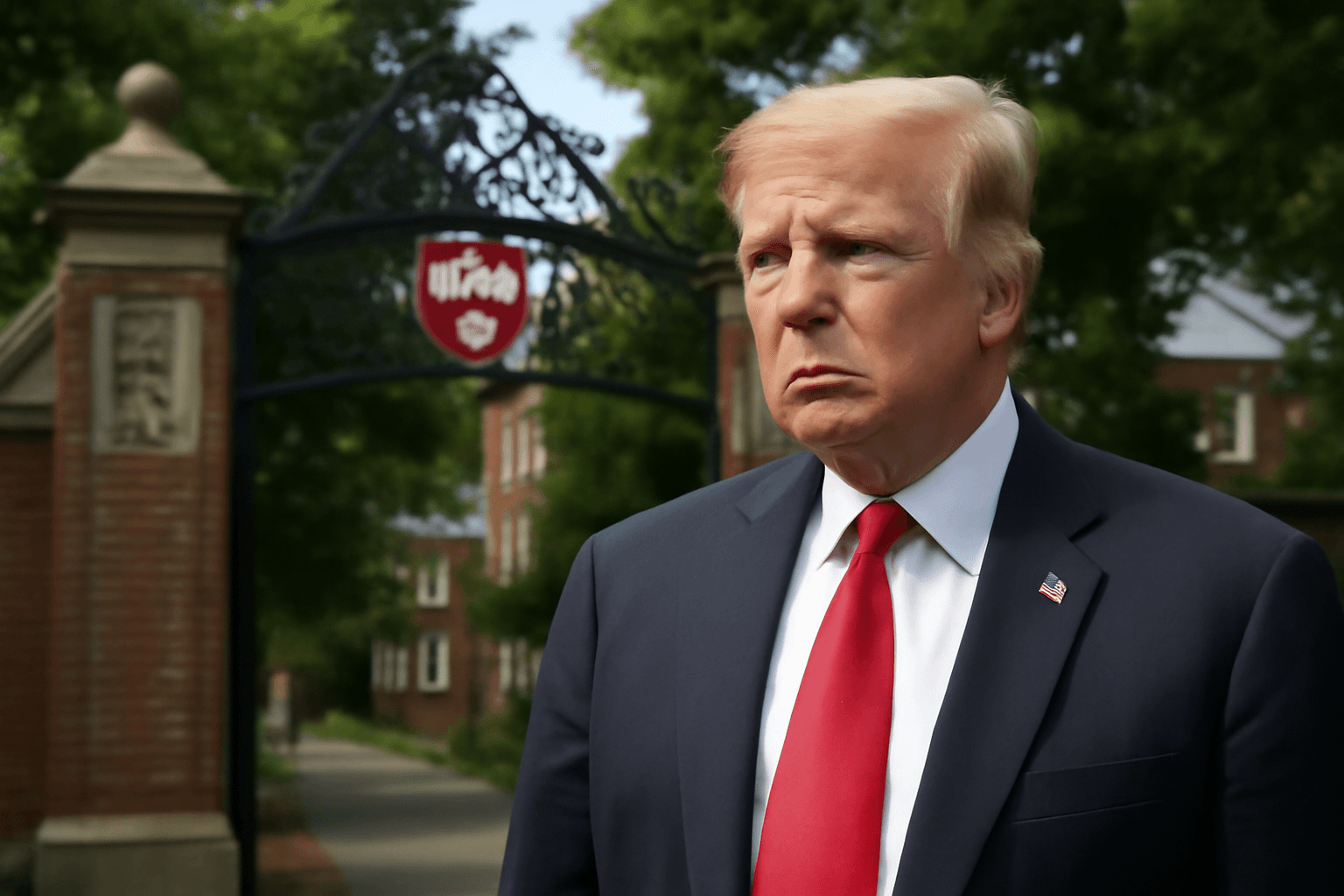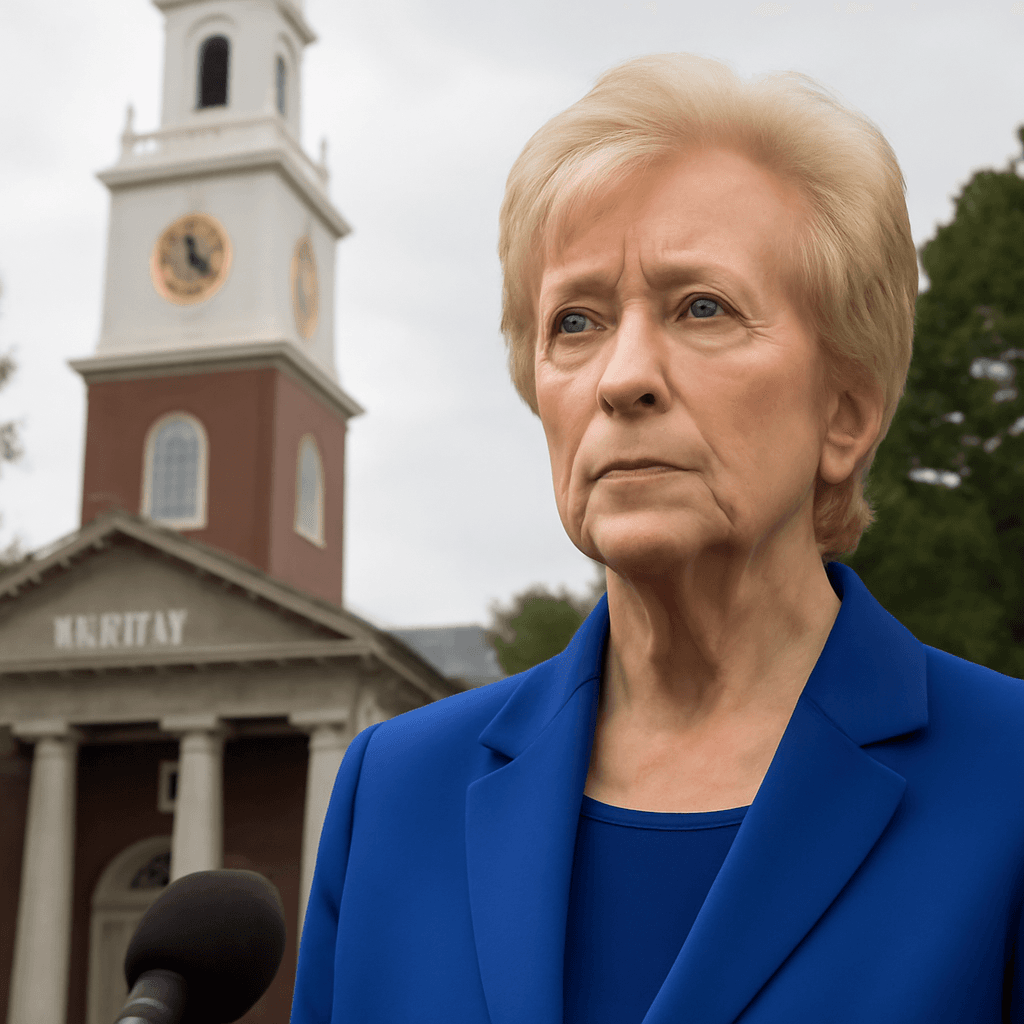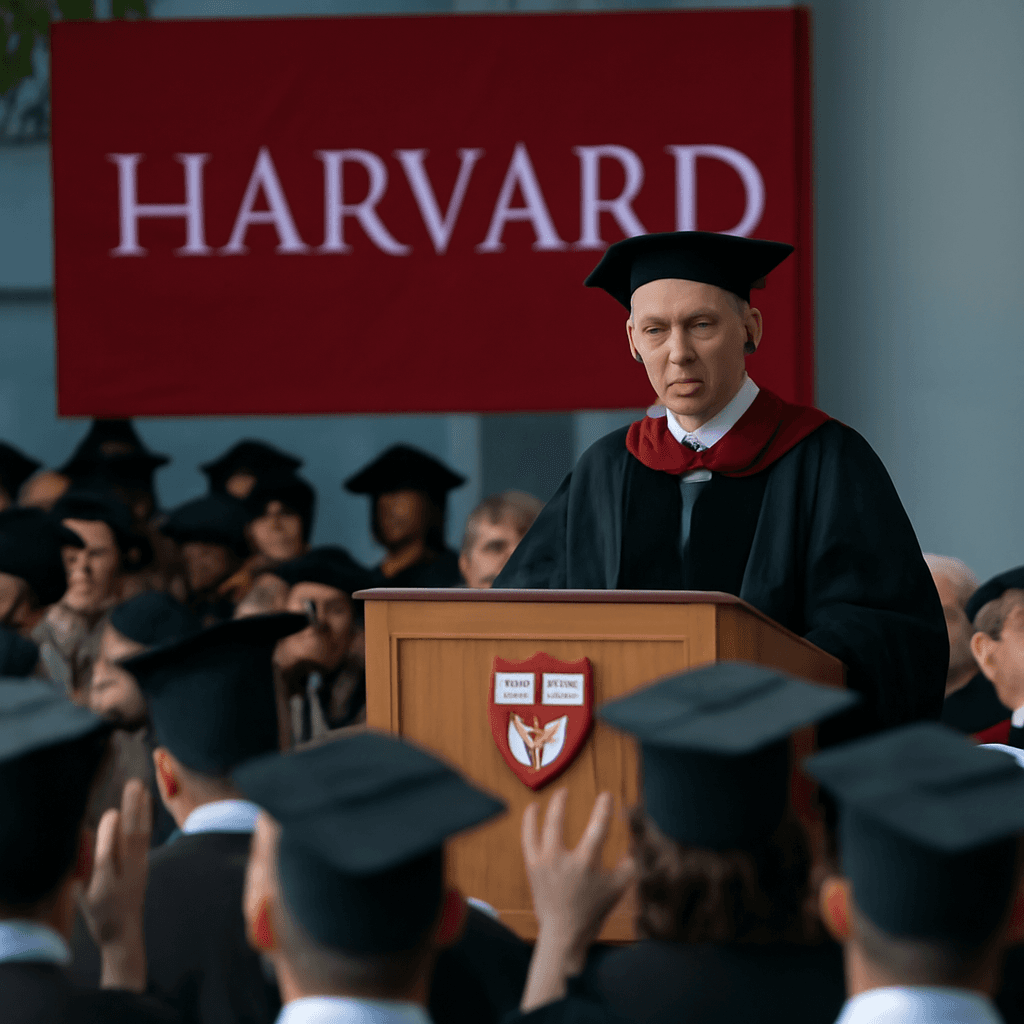In a significant policy shift, the US federal government has halted approximately $180 million in defense-related research funding at Harvard University. This abrupt cessation follows an April directive from the Trump administration to freeze $2.2 billion in grants and $60 million in contracts awarded to Harvard.
The administration justified the funding freeze by criticizing elite universities for adopting ideologies it deemed as disruptive, specifically citing concerns over 'woke' culture and alleged antisemitism. These funding cuts specifically impact numerous military-focused projects including medical research, counter-weapons studies, and laser technology developments.
Analysis from a defense software company highlights that in 2025 alone, over 100 ongoing grants totaling about $14 million have been discontinued, directly disrupting critical research efforts across multiple institutions. One notable case involves Professor Katia Bertoldi of Harvard's School of Engineering and Applied Sciences whose $6 million Pentagon-funded project on shape-changing, origami-inspired structures with military applications was terminated midway through its third year.
Funded through the Department of Defense’s Multidisciplinary University Research Initiative, Bertoldi’s project aimed to develop reconfigurable antennas and deployable structures like field hospitals. The termination of this project exemplifies the broader impact on advanced scientific endeavors that rely on sustained federal funding.
Since 2020, Harvard has received 418 grants totaling $180 million from the Pentagon, the Defense Advanced Research Projects Agency, and other military branches. Most of these funds supported military medical research and basic and applied sciences, with the Army being the largest contributor.
A Pentagon spokesperson stated the funding cuts were directed by the Secretary of Defense to eliminate programs not aligning with departmental priorities, reduce wasteful expenditure, and reallocate resources to mission-critical initiatives. Meanwhile, former President Trump publicly criticized Harvard's faculty composition and has suggested redirecting former research grants from universities to trade schools.
Harvard has challenged the funding freeze legally, framing it as a violation of free speech rights. The funding disruptions also affect multi-institutional collaborations, as exemplified by Bertoldi's project involving researchers from the University of Pennsylvania and Georgia Tech.
Scientific experts warn that the interruption of such research could have broader strategic consequences, particularly as rival nations like China continue substantial investment in comparable technologies. Bertoldi noted increased support for similar research among colleagues who have relocated to China, signaling potential shifts in global innovation leadership.

